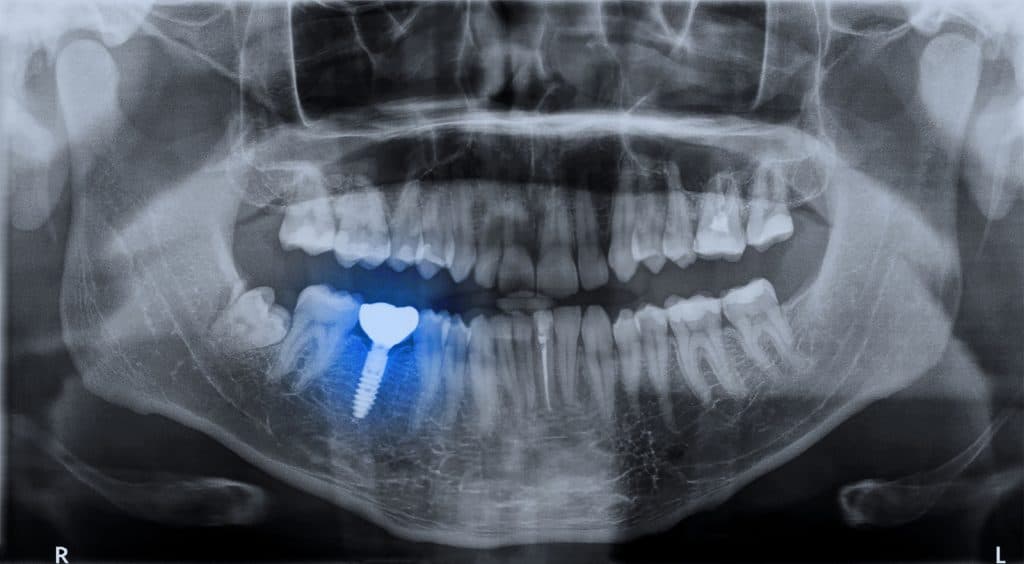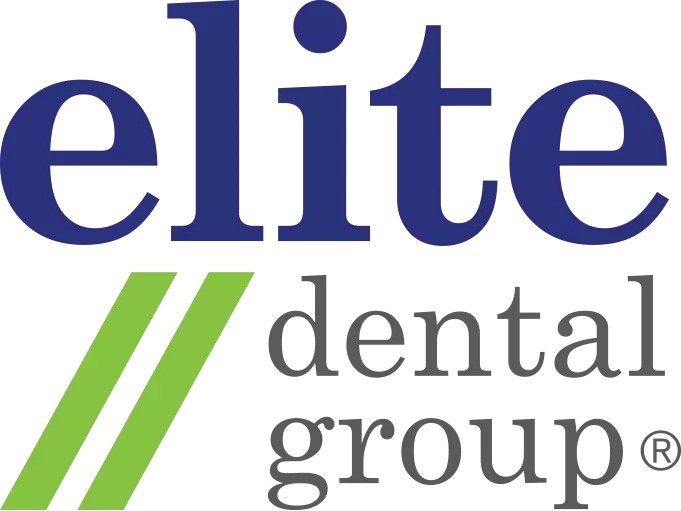
The most important factor to consider before going for MRI scans as a person with dental implants is the material of your implants.
Medical imaging technicians use magnetic resonance imaging (MRI) to assist physicians in diagnosing internal health issues affecting the body’s tissues and organs.
MRIs are commonly used to look for tumors, check the health of your heart’s chambers, and see if your brain has been damaged by a stroke.
Resonance in Magnetic Fields Large magnets and radio waves are used in imaging equipment to check organs, ligaments, tumors, and other biological components. The MRI scanner sends a strong magnetic field through the regions of your body that are being examined. The magnetic field sent through your body affects different structures in your body in different ways.
MRI utilizes magnetic fields which will react to magnetic materials such as iron and cobalt. These days, almost all implants are made from medical-grade titanium.
Dental Implants Made From Medical-Grade Titanium Do Not Interfere With MRIs
Iron, steel alloys, nickel, and cobalt are examples of “ferromagnetic” metals, which are very susceptible to magnets. The magnetic field produced by the MRI will react with any ferromagnetic compounds in or on your body, interfering with the MRI’s measurements.
Patients having MRI imaging must remove any jewelry, clothing, or things that may contain ferromagnetic elements to avoid interference from ferromagnetic materials. Before the MRI scanner begins to take images, all items in the room that may contain ferromagnetic material must be removed.
Patients who have ferromagnetic implants in their bodies, such as some older pacemakers and joint transplants, will be unable to have an MRI.
As titanium is paramagnetic, meaning that it does not react with the MRI’s magnetic fields, it is completely safe for someone with dental implants to go for an MRI. Various studies found that the risk of titanium implant-based complications is very low.
Pre-Checklist for Dental Implant Patients Before Heading For An MRI Scan
Even though titanium and zirconia dental implants do not interfere with an MRI, MRI techs may be concerned about previous dental treatment. As a result, you should be very careful to provide a complete medical and dental history to your physician and the treating diagnostic technician.
If you like, you can get information about your previous dental care from a dentist near you. MRI scans can be hampered by ferromagnetic elements found in metal fillings, crowns with metal infrastructure, braces, and even dentures.
If you have any questions about the purpose, need, or safety of suggested diagnostic imaging, such as MRI scans, be sure to ask your physician or specialist.
A quick side note: if you have removable prostheses such as dentures and bridges, it would be best to remove them before stepping into the MRI room.
